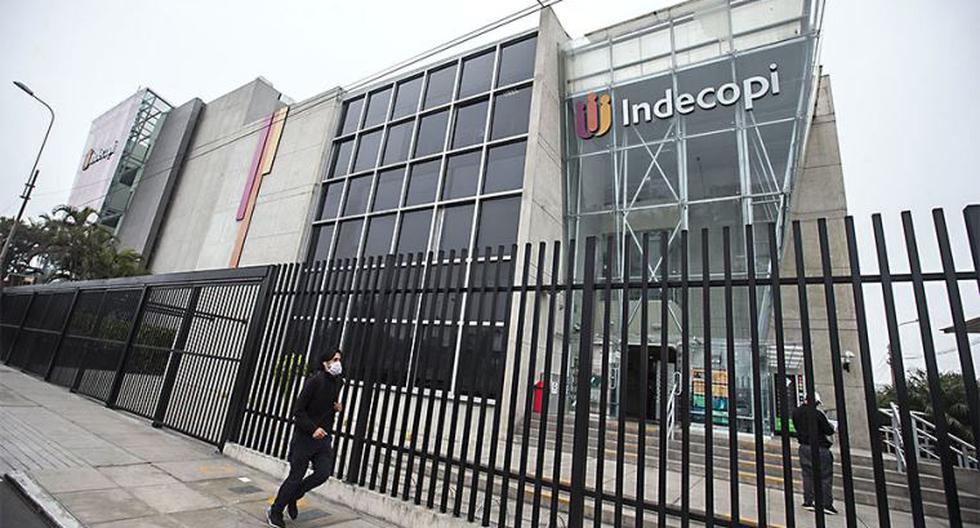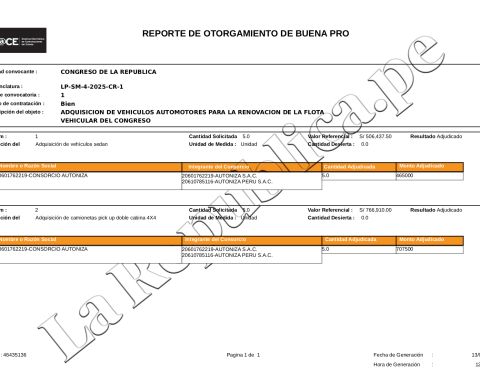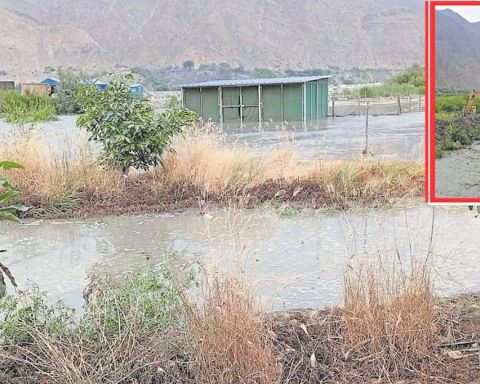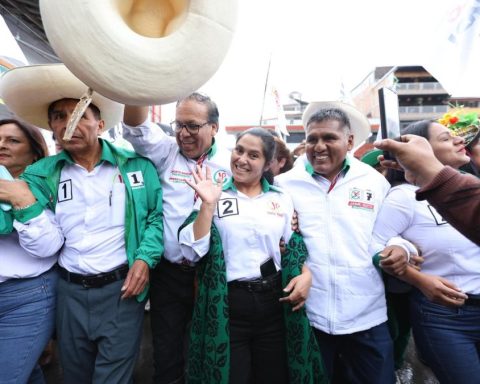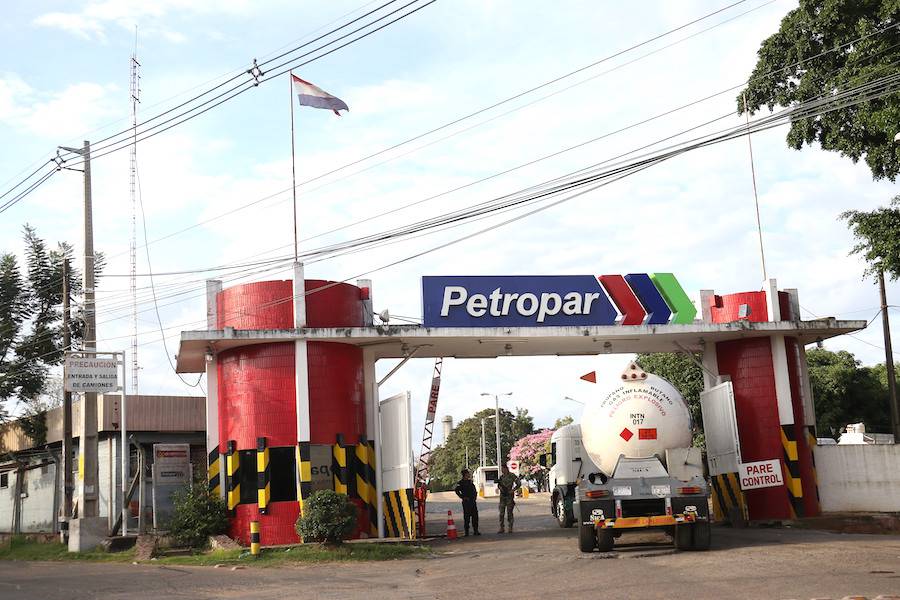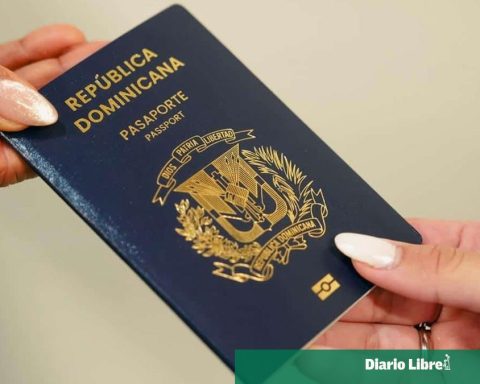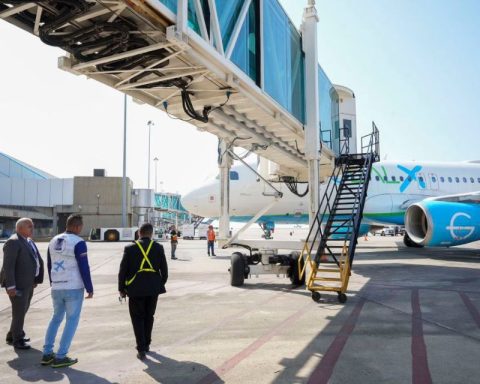The Commission on Dumping, Subsidies and Elimination of Non-Tariff Trade Barriers (CDB) of the Indecopi ordered the initiation of the first procedure in the country to investigate possible antidumping duty circumvention practices, which would be affecting production and the national economy.
In accordance with Resolution No. 128-2022/CDB-INDECOPI, issued on June 10, 2022, the Commission will examine the alleged circumvention practice on antidumping duties imposed on imports of zipper fasteners and their parts originating in the People’s Republic China.
The decision was made because a change has been observed in the trade flows of imports of closures and their parts from Malaysia and Taiwan, which would show that such products declared as originating in Malaysia and Taiwan entering our country would actually be from China.
LOOK: DPI real estate agency fined S/ 244,260 for not processing housing independence in Lurín
All of this would be having a negative impact on the effects of correcting the market through anti-dumping duties, with respect to the prices and quantities of the imported product.
Therefore, the Commission will determine the existence of the presumed practice of circumvention, as established in subparagraph e) of Article 4 of the Anti-Circumvention Law, at the end of which it will determine whether the antidumping duties should be extended on imports of zippers. and its parts from Malaysia and Taiwan, in accordance with the provisions of Article 3 of the Anti-Circumvention Law.
It is worth mentioning that the investigation is carried out thanks to the application of the recent Law No. 31089 (published in December 2020), which combats circumvention practices, which is defined as any change in the pattern of imports, in order to evade or avoid the payment of antidumping or countervailing duties that correct distortions in the market, and that harm the domestic industry.
In this way, Indecopi applies a tool that enhances its powers to combat these unfair practices. Regulations of this type have already been implemented by other member countries of the World Trade Organization (WTO) for several years, such as China, India, the United States of America, Argentina, Mexico, the European Union, among others.
